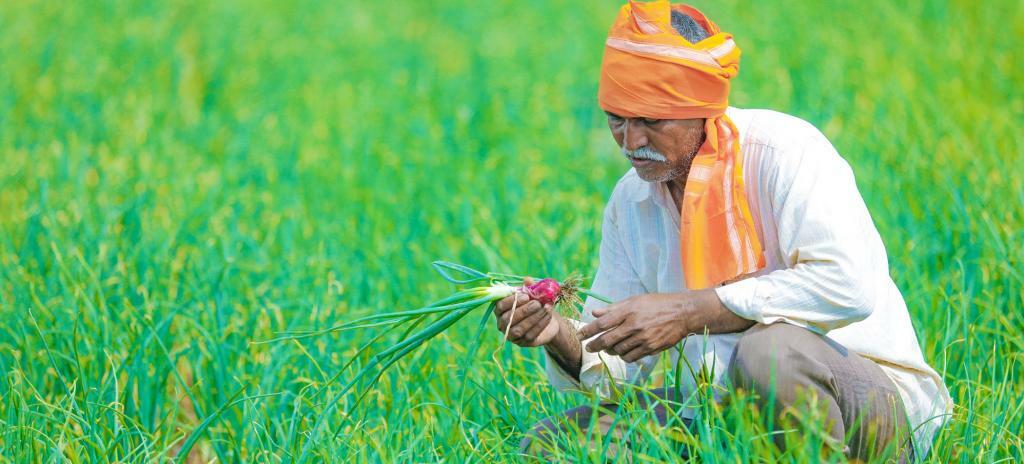Indian agriculture is on the brink of revolution by the Agritech start-ups that use AI and IoT technologies for their functioning. Through these innovations, farmers are now able to tackle traditional problems like unfavorable weather conditions, water rationing and low crop yields, by changing the nature of farming across the nation.
The Role of AI in Agriculture
AI is performing the critical task of enhancing the efficiency of agriculture. Probably the most important application of AI in farming is precision agriculture, AI algorithms analyze data from the satellite images and sensors. This makes it possible for farmers to use water, fertilizers and pesticides in the most efficient way without compromising the yield.
Further, applications such as crop disease identification software where digital images and data are analyzed and where machine learning helps farmers to detect diseases at an early stage. It is as follows; This early detection helps to avoid severe crop loss and also helps to reduce the usage of pesticides extensively.
How IoT is Transforming Farm Management
IoT solutions are also transforming the farming industry in India in a profound way by providing capability to monitor farming process in real time and by automating most of farmhouse processes. Irrigation systems that are linked IoT sensors can turn the water use on and off depending on the moisture level of the soil. This not only does conserve water but also guarantees that crops get the right measure of water to improve their growth.
Furthermore, its support of the particular IoT devices that help to monitor the condition of the soil with its parameters such as nutrients and pH. It is simple for farmers to get data in their smartphone; in this way, farmers can take quick decisions for the crops and their production.
Success Stories of Agritech Startups
Many Indian Agritech startups have already started proving themselves in contributing to the farmers. CropIn employs the use of advanced technologies like artificial intelligence to help the farmers in the management of information on crop state, weather and soil. The technology shows the farmers how to manage water supplies and helps determine stress levels for crops which in turn makes the farmers be able to get better yields from their crops.
Economic Benefits for Farmers
In applying artificial intelligence and the IoT into farming, the impact goes beyond raising techniques, it is equally about supporting farmers economically. Through the application of precision tools costs such as water and fertilizers are minimized hence highlighting the aspects of increasing crop yield. This translates into better profits, better earnings and therefore higher financial risks that farmers take on.
Challenges in Adoption
However, there are some disadvantages of the technologies, especially when implemented, some of the difficulties; The internet or data connection in the rural areas may be weak. Also, there is less risk diversification, and small-scale farmers may not be able to afford information on new technologies or be familiar with them. Both startups and the government are attempting to offer cheap products and training services in order to offset these challenges.
The Future of Agritech in India
As Agritech startups become more frequent, the future of the sector in India is even brighter. AI along with IoT along with other such technologies such as block chain is expected to bring further transparency and accountability in the food chain of the farming industry and increase the efficiency and profitability of Indian farmers.




